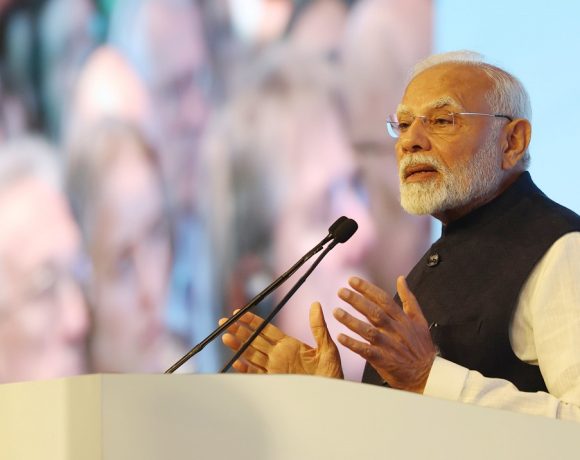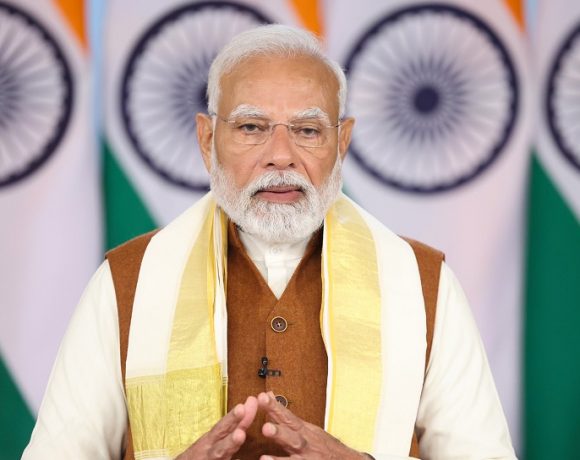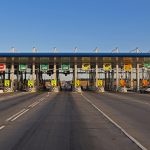
Railways Offers ₹56,993 Crore Annual Ticket Subsidy, Says Minister
Railway Minister Ashwini Vaishnaw revealed on Wednesday that the Indian Railways provides an annual subsidy of ₹56,993 crore on passenger tickets, offering a substantial 46% rebate across all categories of passengers.
This announcement came during the Question Hour in the Lok Sabha, as he addressed queries regarding passenger discounts and rapid rail services.
Significant Discount for Passengers
Vaishnaw highlighted that Indian Railways charges passengers only 54% of the actual ticket cost. “If the price of a ticket is ₹100, the railways charges just ₹54 for it — a discount of 46%,” he stated. This considerable subsidy underscores the government’s commitment to making train travel affordable for millions of passengers.
The minister emphasized that the subsidy benefits all classes of passengers, reflecting the railways’ dedication to enhancing accessibility and affordability in India’s transportation network.
Rapid Rail Service: Namo Bharat Connects Bhuj and Ahmedabad
Addressing a separate question on rapid train services, Vaishnaw pointed to the successful implementation of the Namo Bharat Rapid Rail between Bhuj and Ahmedabad. This service has significantly improved intercity connectivity by covering the 359-kilometer distance in just 5 hours and 45 minutes, with multiple stops along the way.
Officials have reported high levels of passenger satisfaction with the Namo Bharat Rapid Rail, citing its superior service quality and efficiency. This initiative is part of the Indian Railways’ broader effort to modernize and upgrade its services to meet the needs of a growing population and increasing demand for faster travel options.
Commitment to Affordable and Efficient Travel
The annual ₹56,993 crore subsidy on tickets and the launch of rapid rail services like Namo Bharat reflect Indian Railways’ dual focus on affordability and modernization. By offering substantial discounts and introducing advanced rail services, the organization aims to cater to the diverse needs of passengers while improving operational efficiency and intercity connectivity. These measures mark a significant step toward making train travel in India both accessible and future-ready.


















